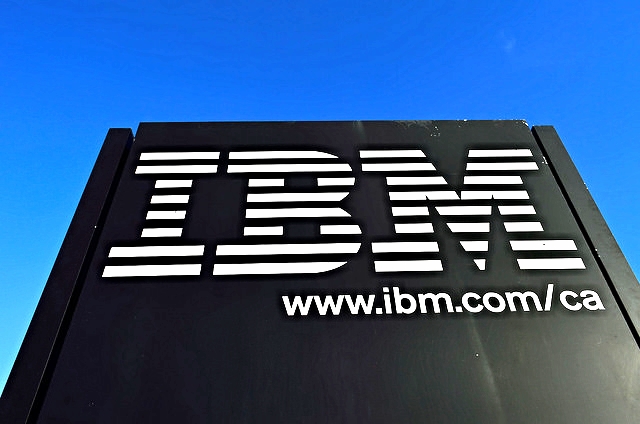Ford Motor Company plans to accelerate its autonomous technology development by creating a Robotics and Artificial Intelligence team. The original Detroit automaker fully understands the future of automobile technology and does not plan on missing out on the growing opportunities. Ken Washington, Ford's Vice President of research and advanced engineering and Chief Technology Officer, stated, “the impact of robotics and artificial intelligence on the way we get around — even in just the next five to 10 years — is potentially enormous.”
So, to get ahead of the curve, Ford is collaborating with Argo AI, a startup artificial intelligence company. Argo was co-founded by Bryan Salesky, a former Google autonomous car project team member, and Peter Rander, an engineer for Uber. Per The Detroit News, Washington says that Ford's Robotics and Artificial Intelligence team will work with Argo, who will lead the development and design of the brains of Ford’s self driving vehicles, in an effort to advance the automaker's autonomous technology. More specifically, Washington writes on his blog that the main functions of the team will be to evaluate and analyze vehicle sensor technology, machine learning methods, and the development of personal mobility devices, drones and other aerial robotic mechanisms. The team will be working in Dearborn, Michigan with a small branch located next to University of Michigan’s MCity research center for autonomous and connected vehicles.
Ford plans to have its self driving vehicle available to the market by 2021. The car will be fully autonomous, and will not include a steering wheel or pedals. Washington told The Detroit Free Press that they are making great progress toward their goal. He stated that the first fleet will most likely be released within the confines of a “geofence,” or virtual geographic boundary, inside a city or campus.
However, the Robotics and Artificial Intelligence team may not only be limited to the advancement of autonomous technology. Ford plans to use the team for ergonomic research as well. The company wants robots to take the place of workers in roles that are more dangerous and life-threatening, in the hopes of reducing worker injuries and in building a safer working environment for all everyone. Aside from their work with Argo, Ford wants its team to continue building relationships with other startup companies and even lead projects with universities including Stanford University, M.I.T., University of Michigan, Purdue University, Virginia Tech, Texas A&M and others.
Ford clearly has grand ambitions for the near future and is making bold moves to ensure that they will be successful in their driver-less car pursuits. While autonomous vehicles may help reduce the number of car accident fatalities in the future, according to the National Highway Traffic Safety Administration (NHTSA), 94% of highway crashes are currently caused by human error. So, until automakers like Ford are successful in implementing autonomous cars into our everyday lives, humans must remember to follow the rules of the road.
Ford should be proud of its Ford Fusion series, one of the main models that is being converted to become autonomous. This year, the National Highway Traffic Safety Administration awarded it a 5 star safety rating, and the U.S. News gave it a 9.3 out of 10. It is important to note however that while these are excellent safety ratings, no vehicle is considered to be invincible. Any vehicle controlled by a human is potentially prone to being involved in a car accident. If you have been in a car accident or accident of any kind, call The Michigan Law Firm at 844.4MI.FIRM for a free consultation. Our firm helps car accidents identify and receive any benefits they may be intitled to, under Michigan law.







